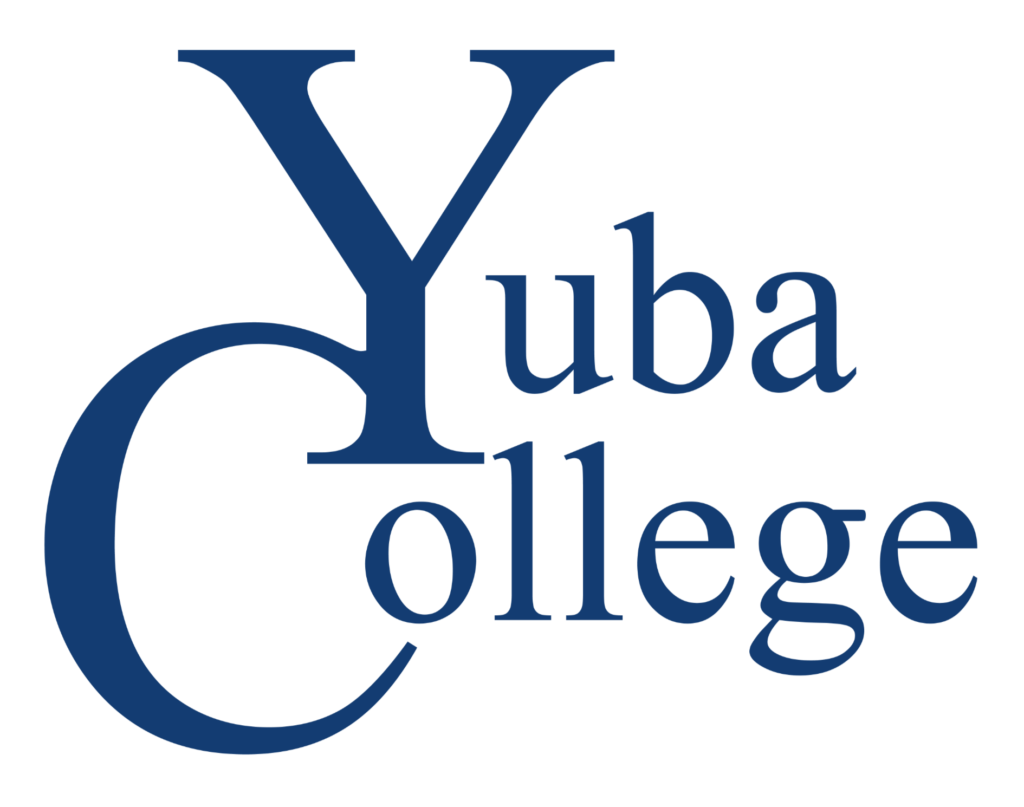Outcomes Overview
Student Learning Outcomes (SLOs) and Service Area Outcomes (SAOs) are measurable statements that drive an ongoing assessment cycle designed to foster continuous quality improvement in all programs and services.
Outcomes Cycle
- Create course SLOs and program SLOs and enter them in Meta and Tracdat
- Create SAOs and enter them in Tracdat
- Map course SLOs to program SLOs in Tracdat
- Map SLOs and SAOs to Institutional SLOs in Tracdat
- Assess SLOs and SAOs and enter the results in Tracdat
- Analyze and hold meaningful conversations about the assessment data
- Create and implement evidence-based action plans to foster continuous quality improvement
- Assess the impact of implemented action plans
- Decide if the SLOs/SAOs should be revised
- Complete the cycles on a regular basis
Outcomes Categories
Service Area Outcomes (SAOs) are clear, concise, and measurable statements that service areas use to assess how well they are accomplishing their goals. SAO statements describe one aspect of service and the desired impact (goal) of that service on key stakeholders. The aspect of service can focus on a process, client satisfaction, or student learning.
Course-Level Student Learning Outcomes (CSLOs) are clear, concise, and measurable statements that represent what the students should learn and/or be able to do upon finishing a particular course. This includes themes, concepts, issues, and skills taught in a particular course through demonstration, practice, and feedback. CSLOs assess the impact of a particular course.
Program-Level Student Learning Outcomes (PSLOs) are clear, concise, and measurable statements that represent what the students should learn and/or be able to do upon finishing an academic program, meaning a degree or certificate. PSLOs assess the impact of a particular degree or certificate program.
Institutional-Level Student Learning Outcomes (ISLOs) represent a broad set of outcomes students should achieve upon completing their educational goals at the Yuba College. Students achieve these outcomes through instructional and non-instructional contact. Examples of non-instructional contact include student services such as financial aid, counseling, and DSPS. ISLOs assess the impact of the institution. There are eight ISLOs
The Outcomes Committee
The purpose of the Outcomes Committee is to increase student success by supporting campus-wide Student Learning Outcomes (SLOs) and Service Area Outcomes (SAOs) processes at the course, program, and institutional levels. This committee provides leadership, training, and ongoing support for completing SLO and SAO cycles in order to foster continuous quality improvement in all academic and service areas at Yuba College.
- Provides resources and ongoing training to faculty, administrators, and staff to support the entire Outcomes cycle: creating, assessing, analyzing data, discussing data analysis, and developing evidence-based plans to foster continuous quality improvement.
- Reviews Course Student Learning Outcomes (CSLOs) and Program Student Learning Outcomes (PSLOs) on degrees, certificates, and Course Outlines of Record in Meta, ensuring that they meet standards outlined in the senate-approved Outcomes Handbooks.
- Reviews Service Area Outcome and academic Program Student Learning Outcome cycles on a yearly basis.
- Develops and facilitates an overall plan and timeline for SLO and SAO cycles at course, program, and service area levels.
- Coordinates the integration of Outcomes into the Educational Master Plan, as appropriate.
- Works with the Staff Development and Flex committees to coordinate necessary training activities.
- Evaluates the Institutional Student Learning Outcomes (ISLOs) and the policies, processes, and tools Yuba College uses for student learning assessment.
- Develops policies and recommendations to help Yuba College meet the Accrediting Commission for Community and Junior Colleges (ACCJC) Continuous Quality Improvement requirements for Student Learning Outcomes and assessment, based on the ACCJC Rubric for Evaluating Institutional Effectiveness.
